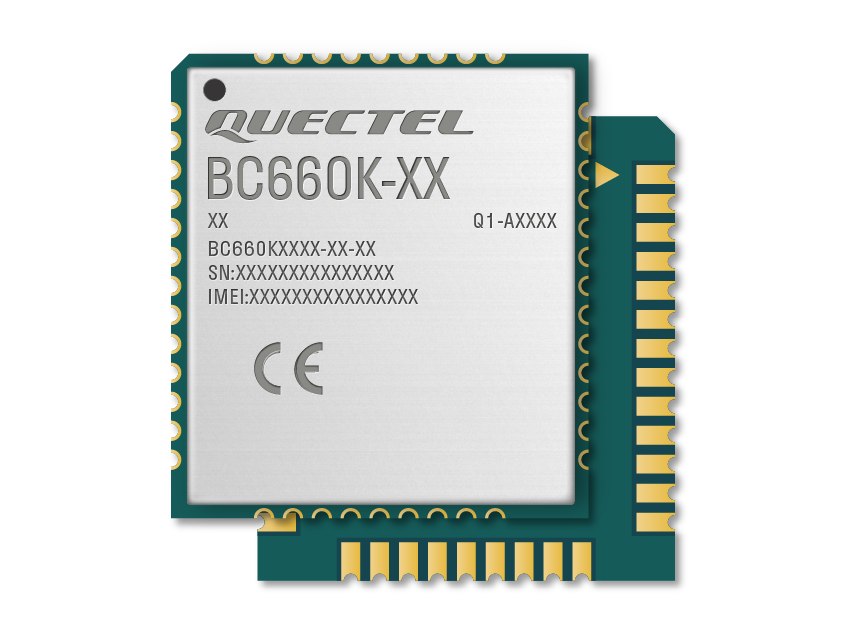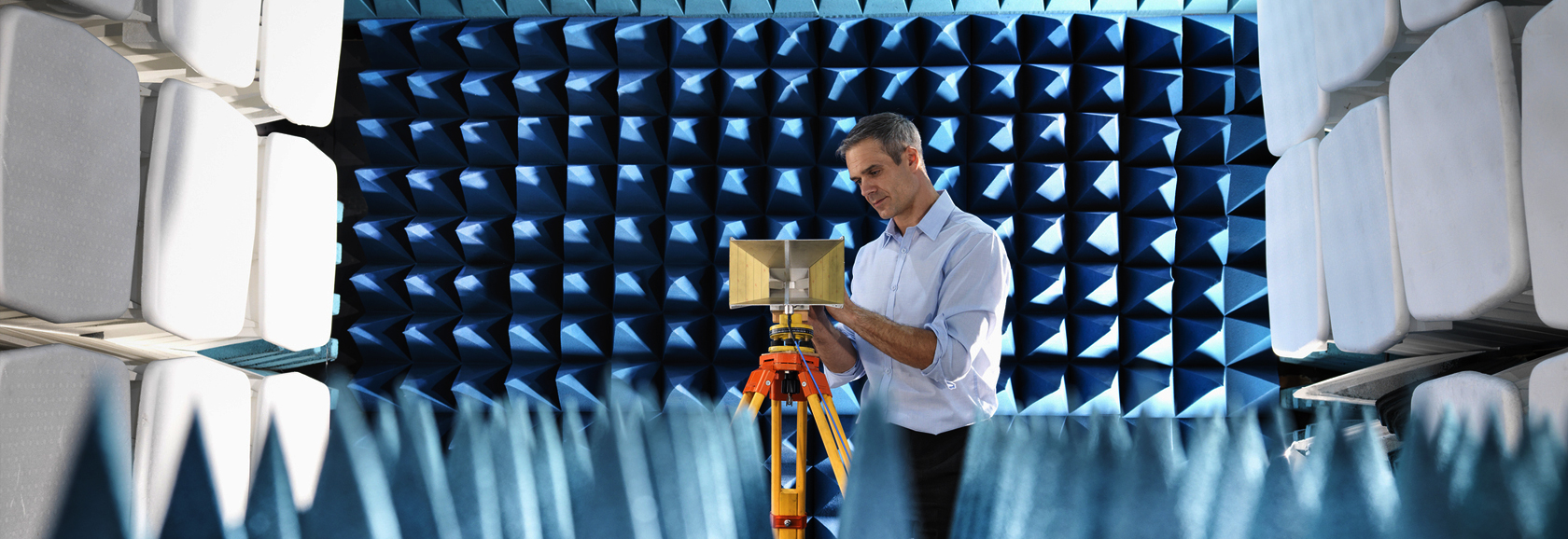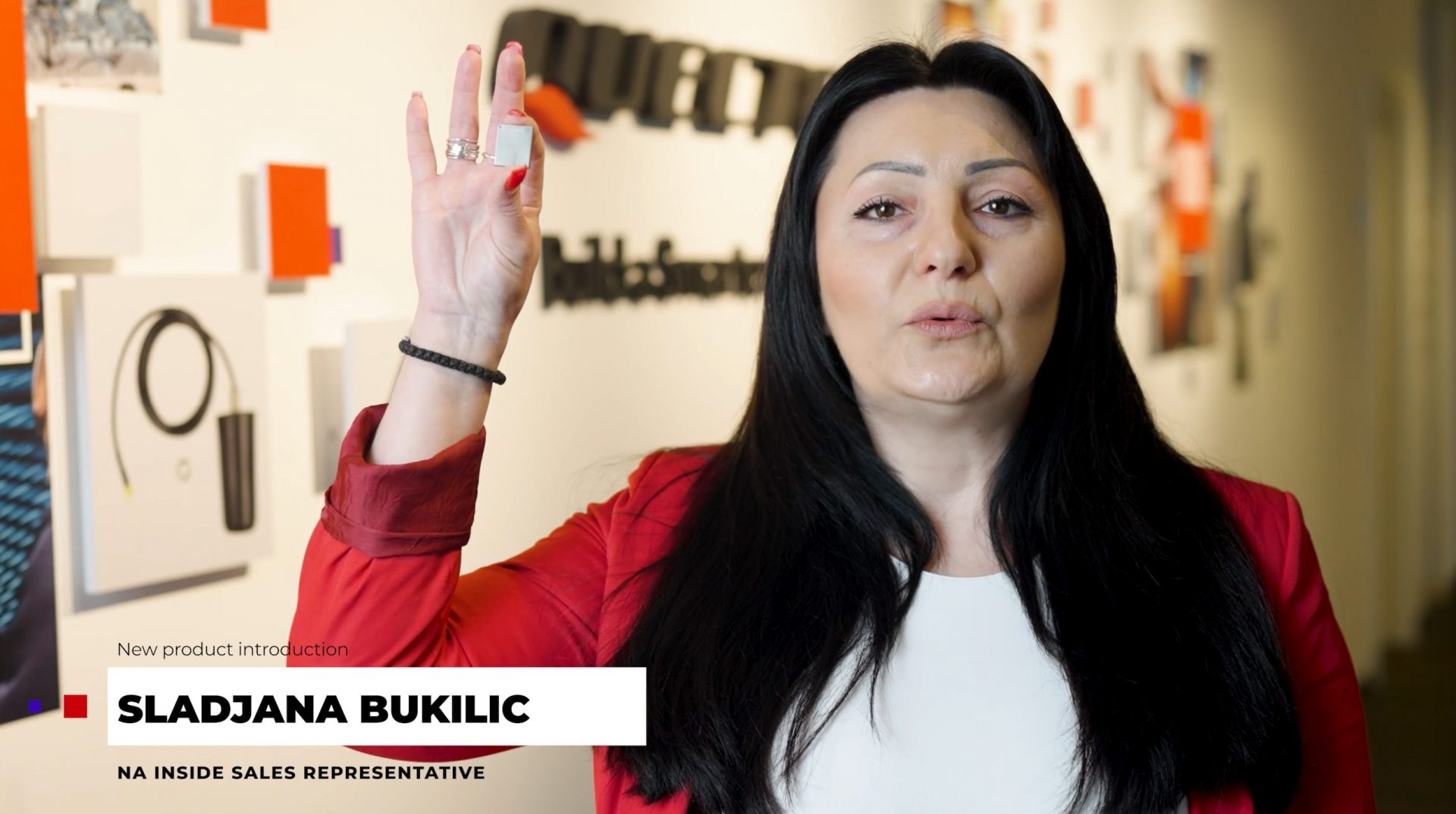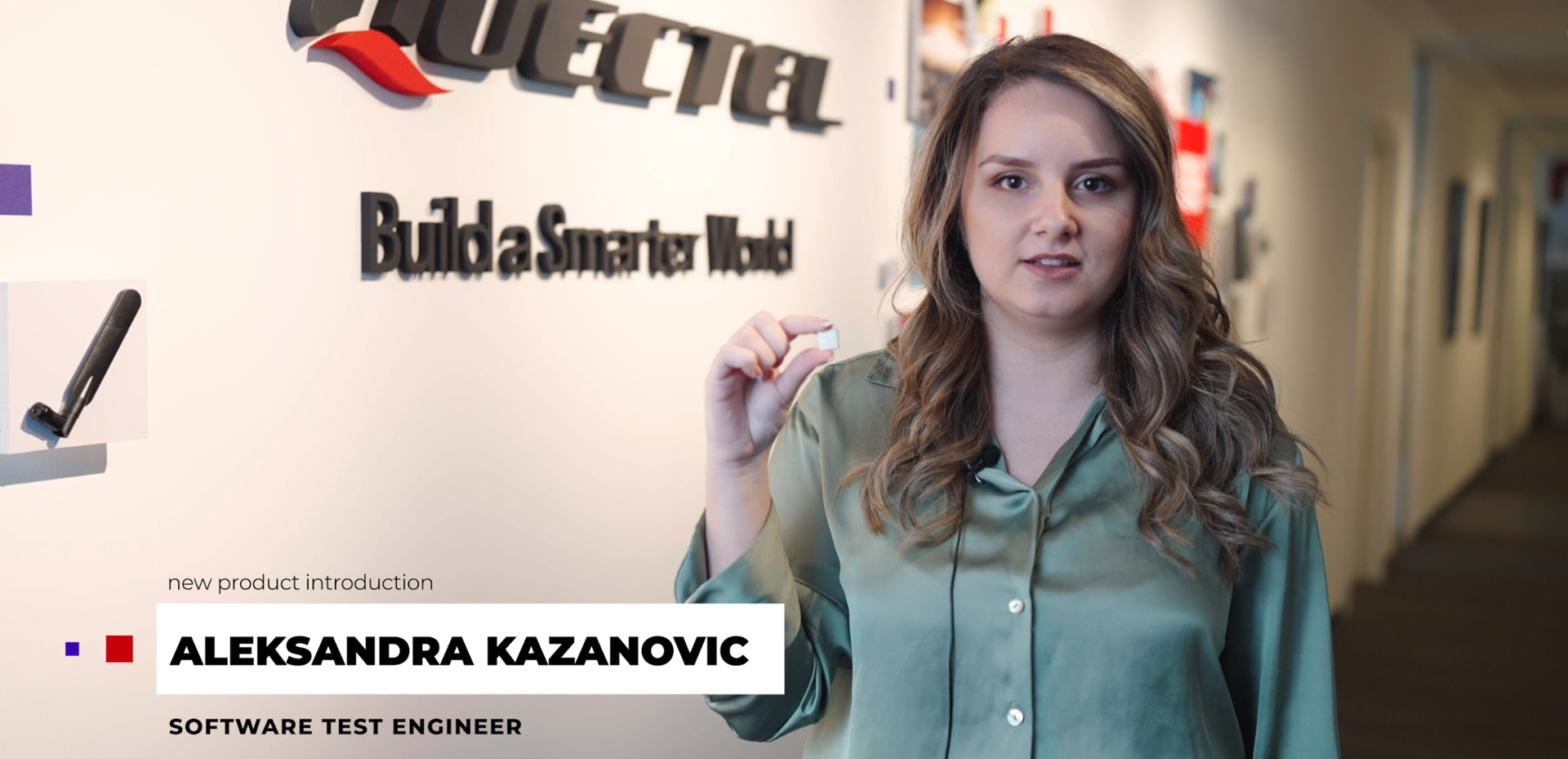LPWA modules
Featured products
Relevant industries
Related hardware
Events
LPWA modules connect devices requiring low power consumption, long range and high security, primarily via NB-IoT and LTE-M networks. This makes LPWA modules ideal for applications with low data requirements, which demand low running costs but may require many units, or those that operate in remote locations, and must be powered reliably over long periods and with minimal human intervention.
LPWA (low-power wide-area) therefore brings many everyday objects into the IoT: thermostats, street lights, utility meters and even trashcans for instance can now be easily connected to cellular networks, then be monitored and controlled remotely, or automated entirely. Countless items which might previously never have seemed candidates for connectivity can now be intelligent devices. Such solutions can provide crucial insights into operational performance, helping to drive perpetual improvements – and the data generated allows sectors as a whole to better understand themselves too.
LPWA’s impact is therefore transformative: industries such as agriculture, utilities and manufacturing are already making vast financial savings and environmental improvements, while enhancing workforce safety – and adoption is broadening all the time. LPWA connections are forecast to number well over 1 billion by 2023, with the overall LPWA market valued at $210 billion by 2025. Early adopters will gain significant advantage over competitors – and the investment required may be surprisingly modest. Quectel’s range of durable and cost-effective LPWA IoT modules caters for the full array of applications across sectors in LPWA-ready markets, and the support we offer through the deployment process is second to none.
LPWA use cases include
- Asset tracking
- Environmental monitoring
- Intelligent agriculture
- Intelligent waste management
- Shared micromobility
- Smart lighting
- Smart home appliances
- Smart metering and grid
- Smart safety
- Health and fitness wearables
- Wireless POS




















